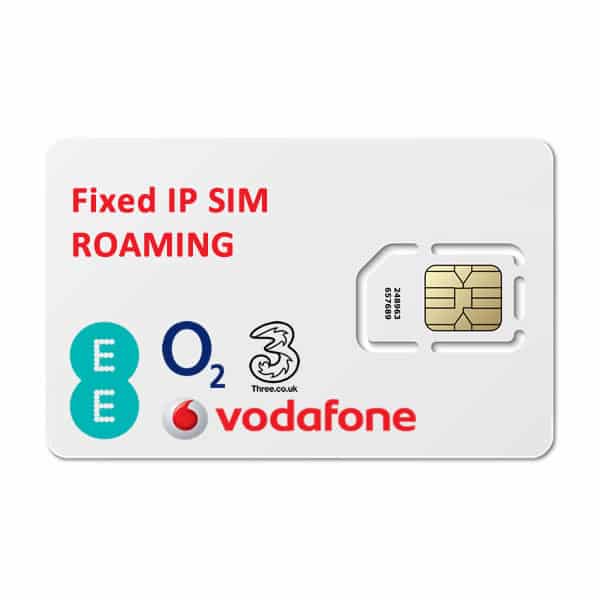What are Multi-Network SIM Cards?
Multi-network SIM cards are specialised SIM cards designed to connect to multiple mobile networks, rather than being restricted to a single network. This capability ensures that devices can always connect to the network with the strongest signal available, thereby maximizing coverage and reliability. These SIM cards are particularly beneficial for businesses that require constant and reliable internet connectivity, such as those operating in remote areas or in environments with inconsistent network coverage.How Do Multi-Network SIM Cards Work?
Multi-network SIM cards work by automatically scanning for available networks and connecting to the one with the strongest signal. This process is seamless and does not require any manual intervention from the user. There are two main types of multi-network SIM cards:- Steered SIMs: These SIMs have a preferred network and will attempt to connect to it first, even if the signal is weaker.
- Unsteered SIMs: These SIMs prioritize connectivity and will always connect to the strongest available network, regardless of preference.
Types of IP Addresses for SIM Cards
Multi-network SIM cards can be configured with different types of IP addresses, each suited to specific use cases:- Dynamic IP Address: This type of IP address changes each time the device connects to the network. It is suitable for general internet access and is cost-effective.
- Fixed Private IP Address: This static IP address does not change and is only accessible within a private network. It is ideal for secure, internal communications and applications such as CCTV cameras, asset management, and smart meters.
- Fixed Public IP Address: This static IP address remains the same but is accessible over the public internet. It is useful for applications that require remote access from various locations, such as remote media and site-to-site connections.
Typical Applications of Multi-Network SIM Cards
Multi-network SIM cards are essential for various Machine-to-Machine (M2M) and Internet of Things (IoT) applications, particularly in scenarios where reliable connectivity is crucial. Some typical applications include:- Industrial Automation: Ensuring continuous operation of machinery and systems in manufacturing plants.
- Smart Cities: Supporting infrastructure such as traffic management systems, smart lighting, and public safety networks.
- Fleet Management: Providing real-time tracking and data transmission for logistics and transportation companies.
- Remote Monitoring: Enabling remote monitoring and control of equipment in utilities and energy sectors, such as wind turbines and smart meters.
- Retail and Payment Systems: Ensuring uninterrupted operation of point-of-sale (POS) systems and vending machines.
Examples of Multi-Network SIM Card Use with Routers
Teltonika RUT200 (4G Router): This router is ideal for M2M applications, providing reliable 4G connectivity with the flexibility of multi-network SIM cards. It ensures that devices remain connected even in areas with poor signal strength from a single network.H685 5G Router: This advanced 5G router offers high-speed connectivity and is perfect for applications requiring robust and reliable internet access. With a multi-network SIM card, it can seamlessly switch between networks to maintain optimal performance, making it suitable for mission-critical business operations.Benefits of Multi-Network SIM Cards
- Enhanced Coverage: By connecting to multiple networks, multi-network SIM cards provide broader and more reliable coverage, especially in rural or remote areas.
- Increased Reliability: The ability to switch between networks ensures continuous connectivity, reducing downtime and improving operational efficiency.
- Cost Efficiency: Businesses can manage all their mobile network connections through a single SIM card, simplifying administration and potentially reducing costs.
- Flexibility: Multi-network SIM cards support international roaming, making them suitable for businesses with global operations.
